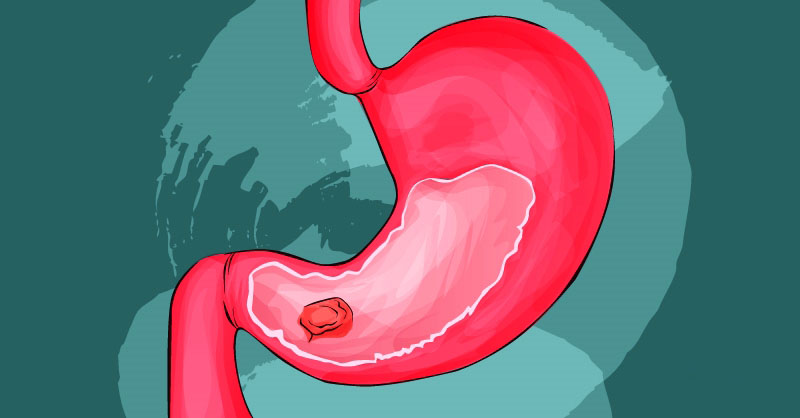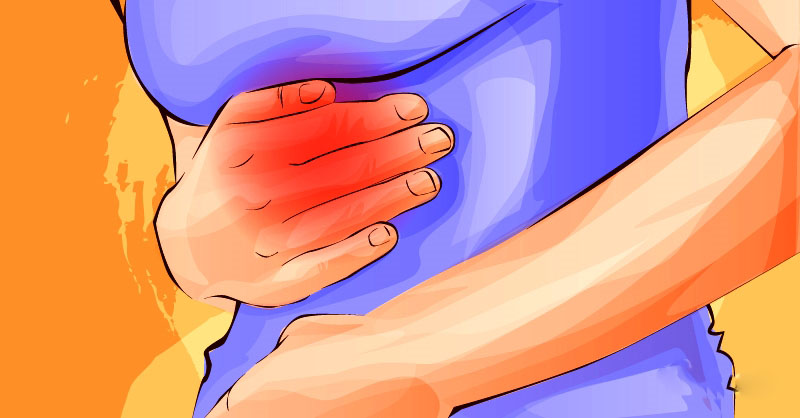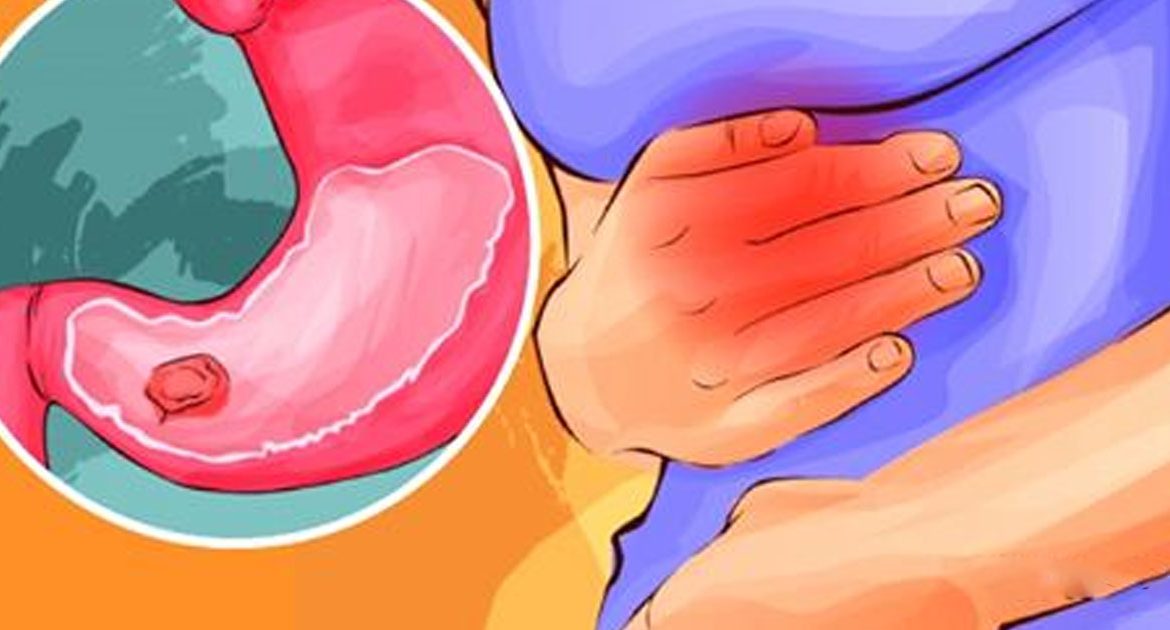Stomach cancer (or gastric cancer) occurs when cancerous cells start to form in the inner lining of the stomach. These harmful cells can grow into a tumor. However, stomach cancer develops slowly, and it takes many years before you spot that something is wrong.
That’s why it is very important to get more information about this serious disease. If you know its warning signs and symptoms, you and your physician may be able to notice cancer at early stages.

According to the National Cancer Institute, there will be nearly 28,000 new cases of stomach cancer in 2017 in the United States. As it turns out, gastric cancer is the fifth most common cancer in the world. At the same time, it is the third cause of cancer-related deaths.
Why does stomach cancer occur?
Doctors don’t know what exactly causes cancer cells growing, but they believe that some factors increase the risk of developing stomach cancer. They include the following:
- a diet high in salty and smoked food, but low in vegetables and fruits;
- consuming foods infected with a fungus called aflatoxin;
- smoking;
- stomach polyps;
- long-term stomach inflammation;
- pernicious anemia
- H.pylori bacterial infection (a relatively common stomach infection that in some cases can result in ulcers);
- a family history of stomach cancer.
Common symptoms of stomach cancer
According to the doctors, there are no specific signs of early stomach cancer. In other words, it means that people who have it may even don’t know anything is wrong. The symptoms become more visible when this dangerous cancer reaches an advanced stage.

The common symptoms of stomach cancer may include the following:
- nausea or vomiting;
- persistent heartburn;
- loss of appetite and weight loss;
- bloating;
- feeling full after eating a small amount of food;
- blood in your stool;
- fatigue;
- jaundice;
- stomach pain that gets worse after meals.
Other less serious health problems may be accompanied by these symptoms, so consult with your doctor if you notice something that worries you.
How to prevent stomach cancer.
Unfortunately, we don’t know what exactly results in stomach cancer, so there is no way to prevent it. However, there are some ways to reduce your risk of developing it.

Even small changes to everyday life can play a role. Doctors recommend taking these steps:
- Exercise: being physically active is connected with a reduced risk of stomach cancer.
- Eat healthily: maintain a diet rich in various colorful fruits and vegetables.
- Limit salty and smoked foods: it helps to protect your stomach.
- Don’t smoke: smoking increases your risk of cancers, including stomach cancer.
Consult with your doctor about your risk of stomach cancer: for example, if you have a family history of this disease, you may consider periodic checkups to look for early signs of stomach cancer.






